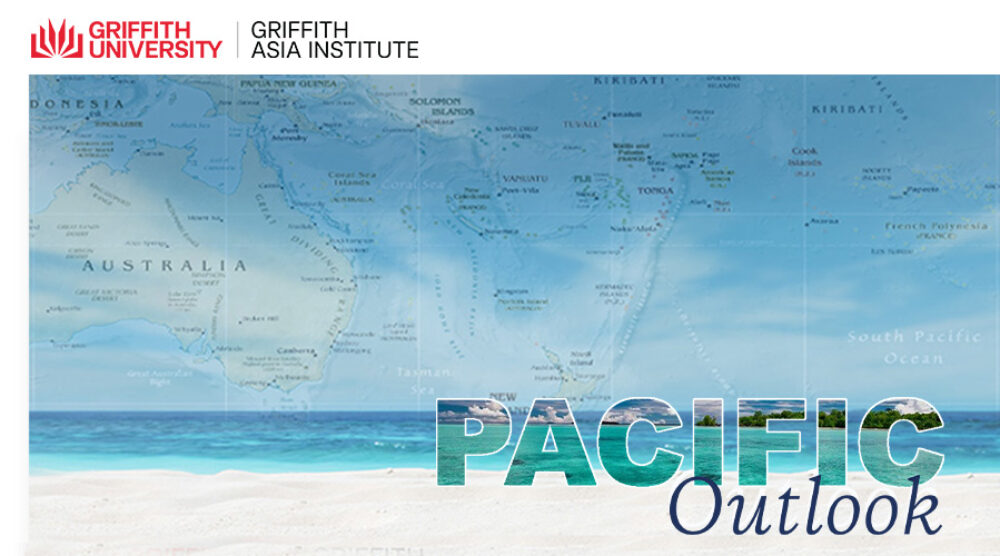Political shifts all round
The year has got off to a busy start on the political front. We have seen some significant political shifts across the region.
In Papua New Guinea, the Prime Minister, James Marape has reshuffled his cabinet. This sees Justin Tkatchenko reappointed as Foreign Affairs Minister and Marape take on the role of Treasurer. Whilst the business community and residents of Port Moresby and Lae are still coming to terms with recent violence and destruction, a looming motion of no confidence is also a key driver here.
In Vanuatu, Prime Minister Charlot Salwai has made ministerial changes to accommodate shifts in the coalition. This sees the Vanuaaku Pati back in government.
In Fiji, Prime Minister Sitiveni Rabuka has relieved Aseri Radrodro of his ministerial portfolio (education) for what he termed ‘insubordination’. This has highlighted the fragile nature of the three-party government coalition.
Nauru shifts diplomatic allegiance
Hard on the heels of the results of elections in Taiwan being declared came the announcement that Nauru has elected to sever diplomatic relations with Taipei and align with the People’s Republic of China.
This is not the first time that Nauru has switched these diplomatic arrangements and it remains questionable how far Beijing can depend upon Nauru as a partner.
From the people of Nauru we have learned that the decision to make the switch was closely guarded within the cabinet and there was no meaningful consultation. Furthermore, the government used its Facebook page to ‘remind’ Nauruans of penalties that may arise if social media is misused.
Initial announcements by Chinese and Nauruan officials point to big plans to provide infrastructure on the island whose economy has seen a massive reduction since the reduction of people housed in the Australian-funded regional processing centre.
Other Pacific News
In Fiji, there have been two major seizures of drugs since the beginning of the year. The seizures of methamphetamine highlight what experts have previously identified about the changing nature of trafficking in the region.
In Marshall Islands newly inaugurated President Hilda Heine has issued two declarations of a state of emergency. One relates to ongoing power outages in the capital, Majuro. The other focuses on Kili island where mismanagement of a fund has left people without food and fuel.
In New Caledonia, provincial elections, scheduled for May, have been postponed by the Congress. No new date has been set but the elections will have to take place before December 15th.
In Solomon Islands, caretaker Prime Minister, Manasseh Sogavare, has given a wide-ranging interview in which he looks back on the previous parliamentary term. He has restated his satisfaction with the impacts of the 2019 switch from Taiwan to China for his country.
In Japan, the Foreign Minister, Yoko Kamikawa, has announced she will visit the Pacific islands region. Kamikawa is expected to visit Fiji in February, in a move widely seen as an attempt to counter increased Chinese influence in the region.
Dr Tess Newton Cain is a Senior Research Fellow at the Griffith Asia Institute and project lead for the Griffith Pacific Hub.








